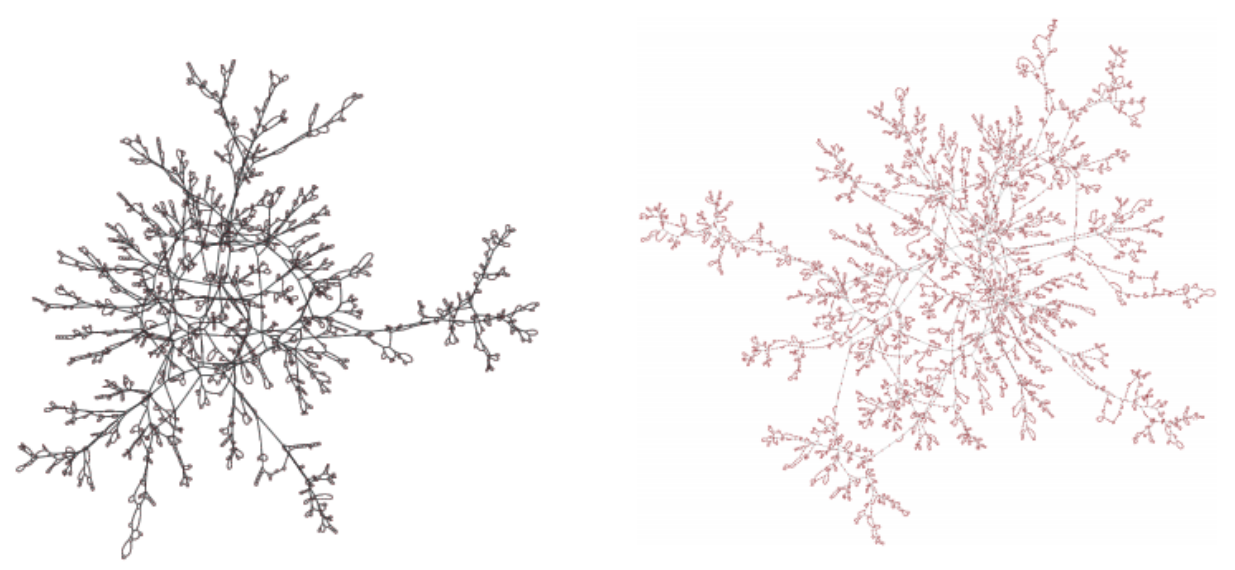ghosts, gauges, and generating functionals
We saw in a previous post that for a non-interacting theory (i.e. $V(\varphi) = 0$) that the generating functional can be written as $$ Z[J] = e^{\frac{1}{2} J \cdot K^{-1} \cdot J}. $$ We hinted that it is not always the case that $K$ can be naively inverted. The issue arises when we consider the Maxwell action for a $U(1)$ gauge potential $A_\mu$: $$ S(A) = \int d^4 x \left[ \frac{1}{2} A_\mu \left( \partial^2 g^{\mu \nu} - \partial^\mu \partial^\nu \right) A_\nu + A_\mu J^\mu \right]....
